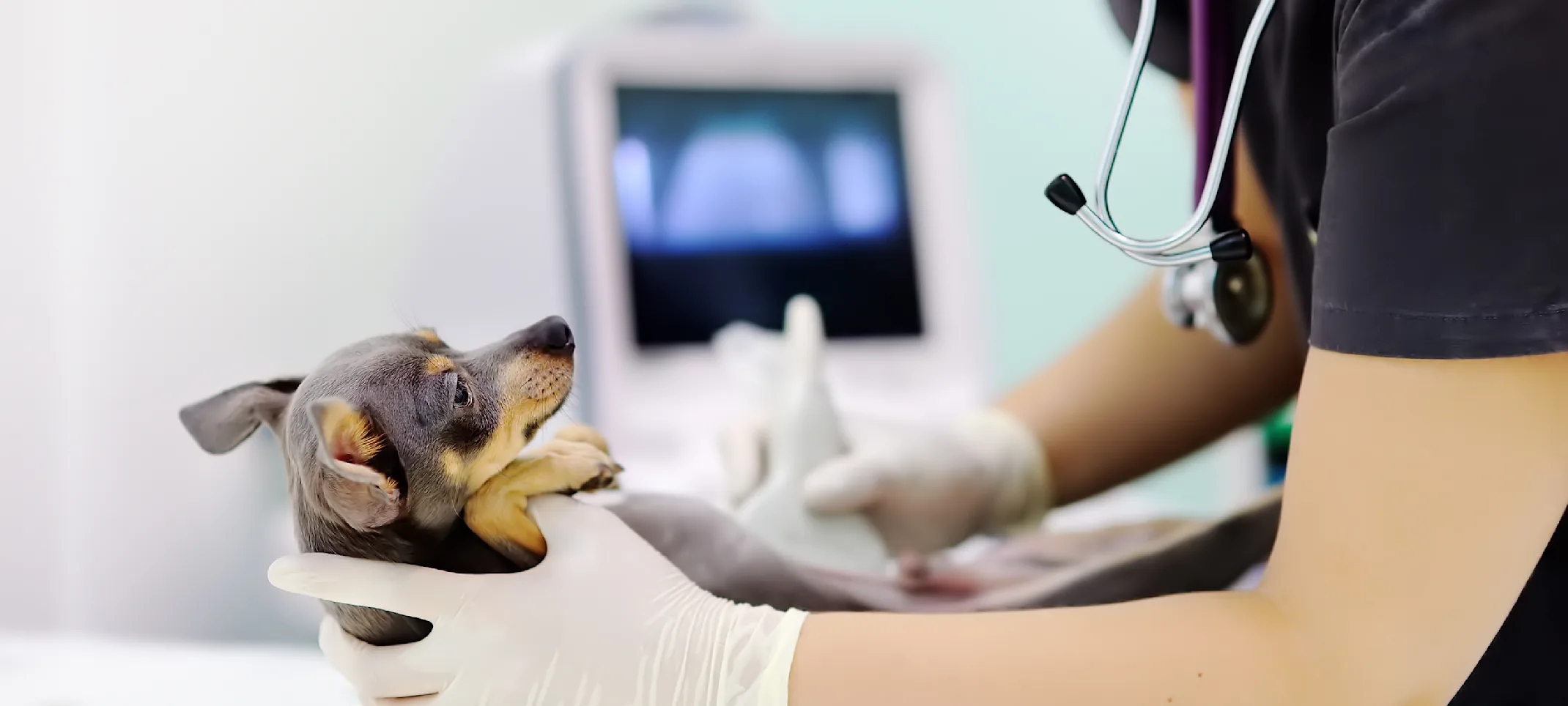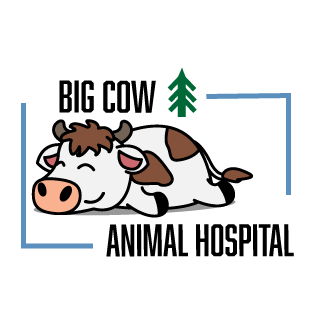Big Cow Animal Hospital
Birth Control Treatments
Hormonal birth control treatments give pet owners flexibility in managing their pet’s breeding without the need of surgery.

Overview
Hormonal birth control treatments can prevent unwanted litters without the permanence of surgical procedures like spaying or castration.
Why would my pet need birth control treatments?
The most common method of birth control for pets involves spay or castration. However, for pet owners who can’t afford surgical birth control or who prefer their pet not endure surgery, hormonal birth control treatments may be a viable option.
Birth control treatments can be an effective and practical method of preventing your pet from reproducing. Note that, hormonal birth control treatments are currently available only to dogs, cats, and ferrets.
When can my pet start birth control treatments?
Most veterinarians will recommend spaying or neutering your pet; however, there are certain situations where birth control treatments may be a viable option. Please visit your local veterinarian for their recommendation for your pet’s birth control treatment.
If you and your veterinarian decide on hormonal birth control for your pet, your veterinarian will suggest the best time to start the birth control process. Unlike humans who cycle monthly, animals typically have a single heat cycle once or twice a year. Your veterinarian may begin administering the hormonal birth control treatments seven to eight days prior to the start of the animal’s heat cycle.
How do birth control treatments work?
Hormonal birth control treatments come in different forms: oral contraceptive pills, oral liquid drops, implants, and hormonal injections. The hormone contraceptives work to keep estrogen levels low. When estrogen levels are high, the heat cycle in female animals begins. Thus, birth control treatments work to keeping the cycle from starting.
Test test
